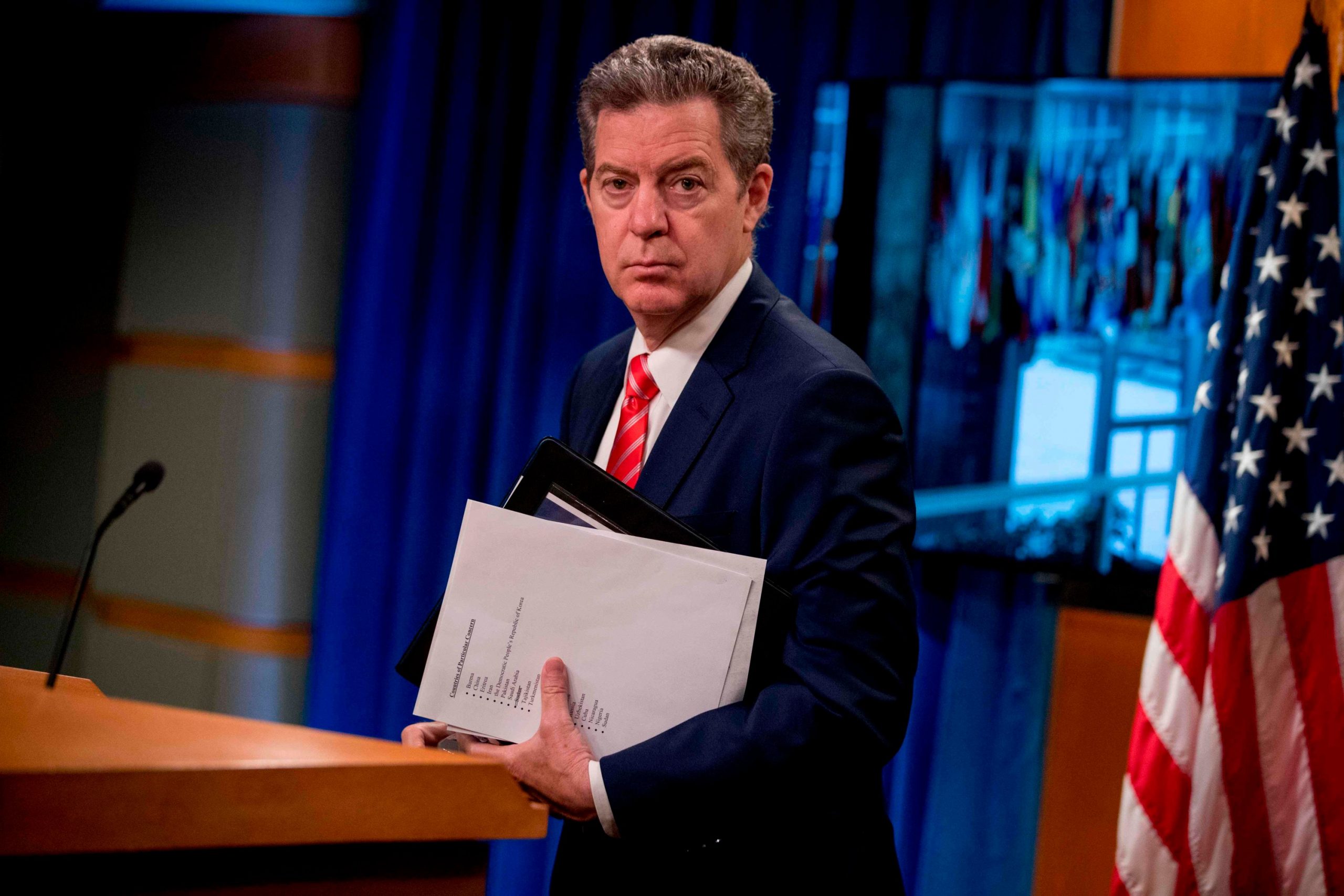China announced Monday retaliatory sanctions against three senior Republican lawmakers and a U.S. envoy in a deepening row over Beijing’s treatment of Uighur Muslims in the western Xinjiang region.
Chinese foreign ministry spokeswoman Hua Chunying disclosed what she called “corresponding sanctions” against U.S. Senators Ted Cruz and Marco Rubio, U.S. Representative Chris Smith, Ambassador at Large for International Religious Freedom Sam Brownback and the Congressional-Executive Commission on China.
The commission monitors human rights and the development of the rule of law in China and submits an annual report to President Donald Trump and Congress.
“The U.S. actions seriously interfere in China’s internal affairs, seriously violate the basic norms of international relations and seriously damage Sino-U.S. relations,” she told reporters during a daily briefing.
“China will make further responses based on how the situation develops.”
Hua did not elaborate on what the sanctions entail, but Washington’s measures against Chinese officials, including the Communist Party secretary of the troubled western region of Xinjiang, include freezing of U.S. assets, the U.S. travel and prohibiting Americans from doing business with them.
Sanctions were announced days after the U.S. imposed visa bans and asset freezes on several Chinese officials, including the Communist Party chief in Xinjiang, Chen Quanguo, over rights abuses in the region.
“We urge the U.S. to immediately withdraw its wrong decision and stop words and actions that interfere in China’s internal affairs and harm China’s interests,” she said.
“China will make a further response depending on the development of the situation.”
Sanctions will also be applied to the U.S. Congressional-Executive Commission on China, an agency that monitors human rights in the Asian country.
Washington imposed sanctions on the autonomous region of Xinjiang’s Communist Party Secretary Chen Quanguo, a member of China’s powerful Politburo, Zhu Hailun, deputy secretary of the regional legislative body, Xinjiang’s People’s Congress; Wang Mingshan, the director and Communist Party secretary of the Xinjiang Public Security Bureau and the former party secretary of the bureau, Huo Liujun.
A senior U.S. administration official described Chen as the highest-ranking Chinese official that the U.S. had sanctioned.
U.S. Secretary of State Mike Pompeo said Washington was also barring Chen, Zhu, Wang and their immediate families, as well as other unnamed Chinese Communist Party officials, from traveling to the U.S.
The decision is “no joke,” the U.S. official said. “Not only in terms of symbolic and reputational effect, but it does have real meaning on a person’s ability to move around the world and conduct business.”
Washington’s sanctions were imposed under the Global Magnitsky Act, which allows the U.S. government to target human rights violators worldwide by freezing any U.S. assets, banning U.S. travel and prohibiting Americans from doing business with them.
Witnesses and human rights groups say that China has rounded up more than 1 million Uighurs and other Turkic Muslims in Xinjiang in a vast brainwashing campaign aimed at forcibly homogenizing minorities into the country’s Han majority.
Last month media reports said that China was trying to slash birth rates amongst Uighurs with forced birth control. China denounced the report as fabricated.
U.N. experts and activists say Uighurs and other Muslims are held in detention centers in Xinjiang. China describes them as training centers helping to stamp out terrorism and extremism and give people new skills.
Last Updated on Jul 13, 2020 12:23 pm










Discussion about this post